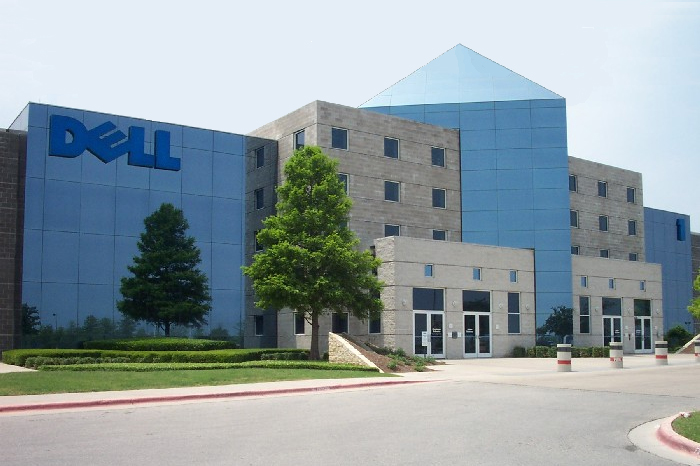Consumer Electronics
PC Sales Drop Spoils HP, Dell Strategic Recoveries
Published:
The plans for Hewlett-Packard Co. (NYSE: HPQ) and Dell Inc. (NASDAQ: DELL) to revive their fortunes were based, and still are to some extent, on a move into IT consulting and software services. If the plans work, each will be less dependent on the flagging PC market.
On paper, the programs should have succeeded, as the transformation would move each of them closer to the most successful businesses at titans Oracle Corp. (NASDAQ: ORCL) and International Business Machines Corp. (NYSE: IBM). Although efforts toward this type of diversification have worked to some extent, the lack of a strategy to diversify into handsets and tablets has undercut long-term turnaround goals. Hardly a surprise, the best laid plans often do not work.
HP made several acquisitions to move toward consulting and software. The two largest did not work well. The first was a 2008 buyout of EDS. The other was the purchase of Autonomy. Between them, the acquisitions have cost billions of dollars in write-offs. Even so, “Services” revenue at HP was $8.8 billion of a total of $29.7 billion — the company’s total revenue last quarter. But HP has no substantial set of products for either the smartphone or tablet markets.
Dell’s expansion also was based on acquisitions, and a large number of them. Dell has bought software management firm Gale Technologies, Perot Systems, Wyse and other companies. The effort worked to the extent that services and software revenue at Dell were $3 billion of the $13.7 billion in the last reported quarter.
So, the strategic moves worked, but were entirely undercut by the tidal wave-like trend of the rise of smartphones and tablets. New data from research firm IDC show that:
Worldwide PC shipments totaled 89.8 million units in the fourth quarter of 2012 (4Q12), down 6.4% compared to the same quarter in 2011 and worse than the forecasted decline of 4.4%
HP barely held its global sales at just over 15 million units in fourth-quarter 2012, versus the same period of 2011. Dell continued its collapse as sales dropped from 12 billion in the year-ago period to 9.5 billion this year. Lenovo was the only large PC firm that did well, as sales rose from 13 billion to 14.1 billion. HP can hardly be excited about its spot as number one. That position has not stopped the collapse of what was once among the premier tech companies in the world.
IBM and Oracle can claim that their services and software businesses are large enough so the change in consumer purchases of handheld devices has not wounded them. As HP and Dell raced in that same direction toward enterprise revenue, each let the real chance for growth pass it by.
Retirement planning doesn’t have to feel overwhelming. The key is finding expert guidance—and SmartAsset’s simple quiz makes it easier than ever for you to connect with a vetted financial advisor.
Here’s how it works:
Why wait? Start building the retirement you’ve always dreamed of. Click here to get started today!
Thank you for reading! Have some feedback for us?
Contact the 24/7 Wall St. editorial team.